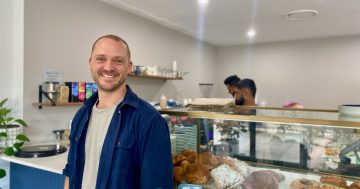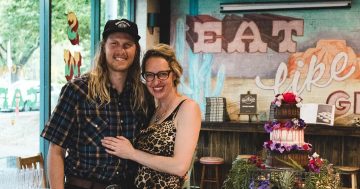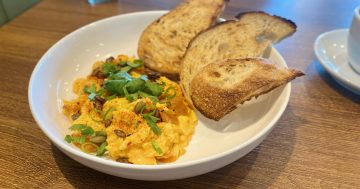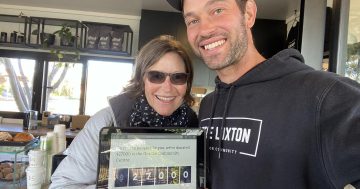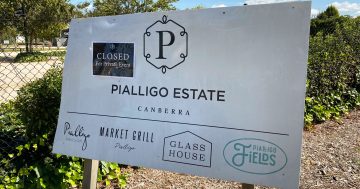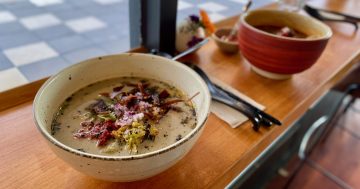
You’ve got no idea what good a cup of coffee or two can do. Photo: Lucy Ridge.
With a territory election in the pipeline, there’s sure to be plenty of discussion around building infrastructure, improving transport services and connecting with everyday Canberrans. However, one issue that’s probably not on the table is coffee, although cups of coffee almost certainly are.
I believe coffee, or rather cafes, can answer some of the issues facing Canberrans while revitalising the suburbs.
The original design of Canberra included suburban shopping centres that were intended to act as community hubs, as well as providing local services and products. As Belconnen, Woden, Gungahlin and City Centres have grown, many of these local hubs have diminished in popularity. Some, like the Richardson shops, are essentially derelict, while others have turned their fortunes around and may provide the blueprint for better-connected communities.
Scullin shops was once a run-down, little-used space with more boarded-up storefronts than functional shops. But when a group of determined locals decided to turn things around, huge changes were accomplished! The community group organised a coffee cart to park at the shops during COVID-19 lockdowns and there were queues around the block. All of a sudden people were engaged with the spaces in their local community and that interest hasn’t died with a return to the office.
The once shabby shops are now thriving, with the new Muku Ramen Bar, Sweet Bones Cafe, a popular yoga studio and an African grocery store.
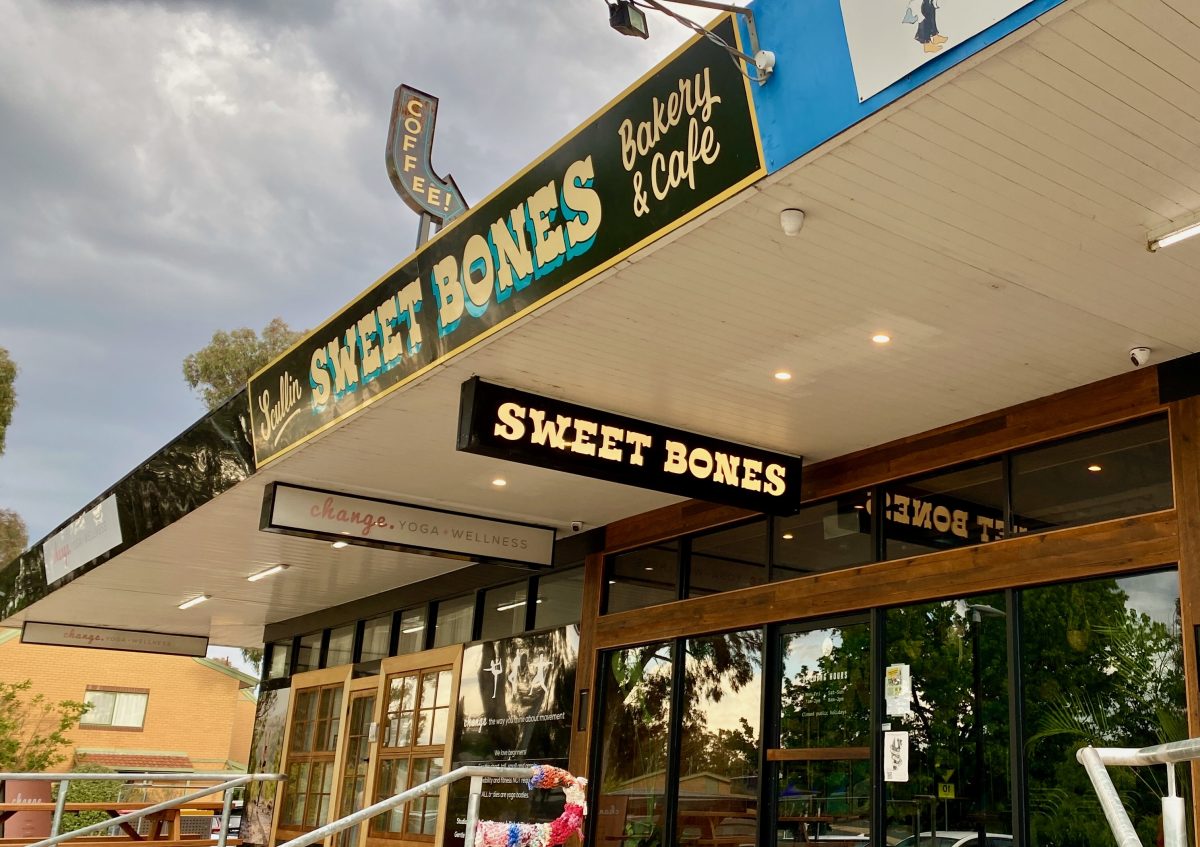
Scullin shops – it didn’t look like this a few years ago. Photo: Lucy Ridge.
Cafes are gathering places. They are spaces where people come together over the most human of activities: sharing food and drink.
The suburb of Lawson is another example of how a suburb can use coffee to bring people together. This newly designed suburb fills in the space between Kaleen and Mackellar and was built without a local shopping centre, assuming residents would go to Kaleen or the Belconnen Mall. But when local resident Sovithyea ‘SV’ Sar started selling coffee out of his front shed, it became an instant hit. SV Coffee and Bakery – now run from a fully compliant food van – brings neighbours together.
In a world where it’s becoming less common to know your neighbours, super local neighbourhood cafes can be an answer. The Buy Nothing Group in my suburb has semi-regular meet-ups at a local cafe, providing an opportunity for people in the Facebook group to connect in person, curbing loneliness and increasing community-led support networks.
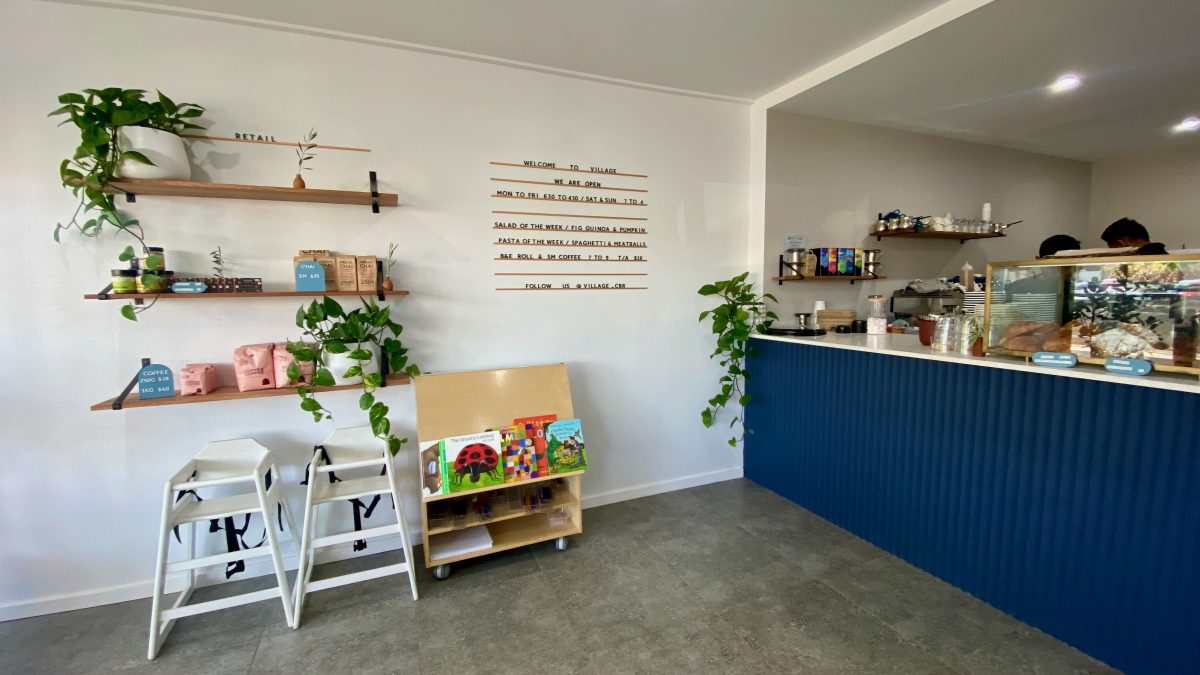
Village Cafe Waramanga has a bookshelf with picture books and colouring-in for kids. Photo: Lucy Ridge.
Some local cafes host book swaps – improving literacy! They are also a meet-up location for cycling and running groups – encouraging exercise! Or buy directly from small-scale farms – supporting local food! These small businesses provide employment opportunities that can lead to a rewarding career in the industry or provide an experience that will serve well in any number of future roles (not to mention the many coffee roasting businesses in Canberra that also rely on a thriving cafe culture).
Social enterprises like Cafe Stepping Stone in Strathnairn and Dickson, Little Luxton at the Gordon Community Centre and The Food Co-op also balance hospitality while giving back to the community.
Local cafes are also often within walking distance of where people live, improving rates of active travel and reducing transport emissions.
Wouldn’t it be wonderful if every single suburb had such a place? Richardson shops could certainly do with one!
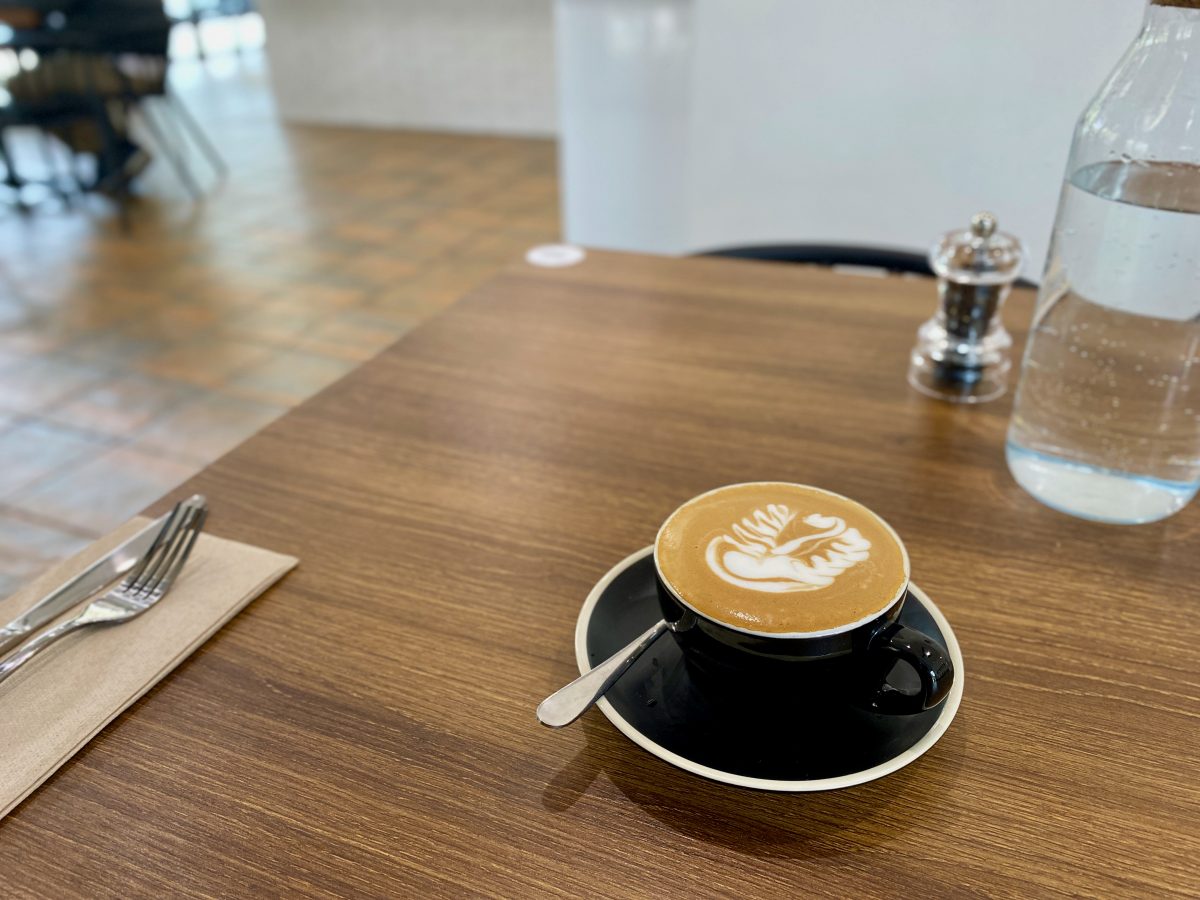
North Lyneham has a new local coffee shop with Hide and Seek. Photo: Lucy Ridge.
Sadly, the hospitality industry across Australia is struggling as the ever-increasing costs of ingredients, energy, transportation, and a lack of trained staff continue to put pressure on small businesses. Cafes and restaurants run on very slim margins and are hesitant to pass on rising costs to customers who are already dealing with a cost-of-living crisis. East Row Specialty Coffee was a recent closure, citing the difficult economic conditions as a factor in the decision.
We risk losing more valuable community institutions if we don’t support them. I think it would be appropriate for the government to do a little more for locally-owned hospitality venues. It would support small business owners in employing local people and could assist in keeping prices affordable for customers while enabling cafes to continue their role as hubs for connection.
A cafe for every suburb and coffee for all Canberrans: I’d vote for that.














